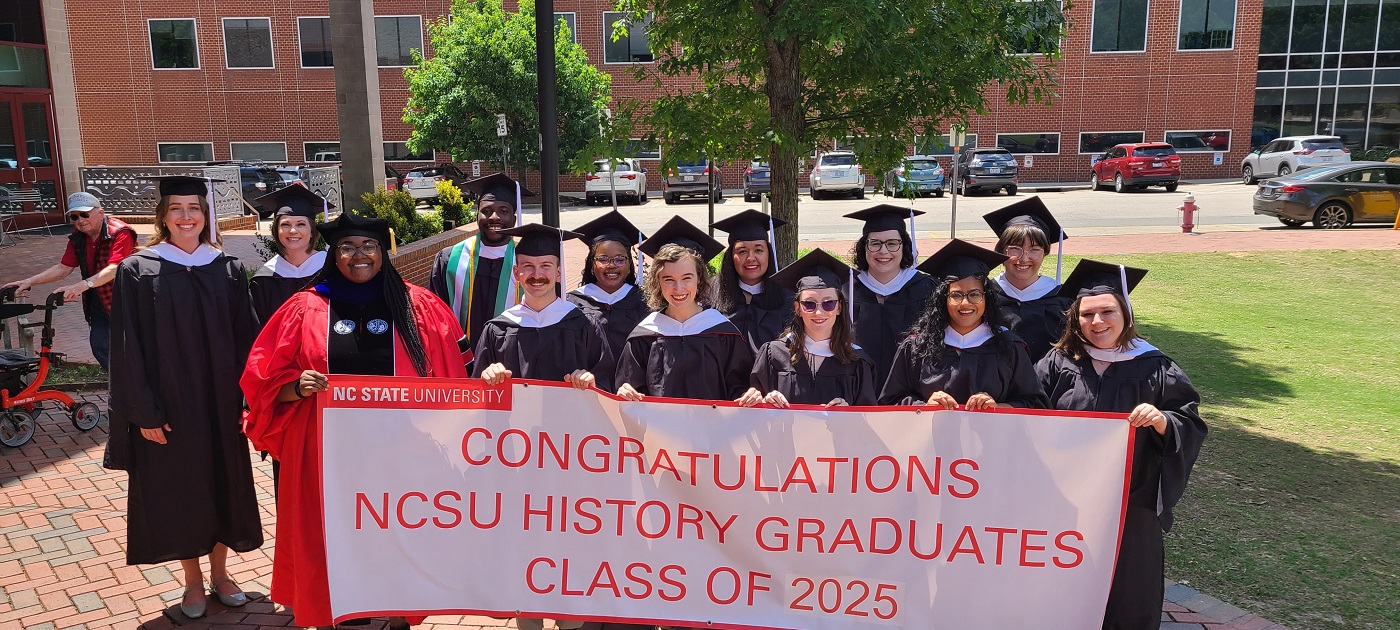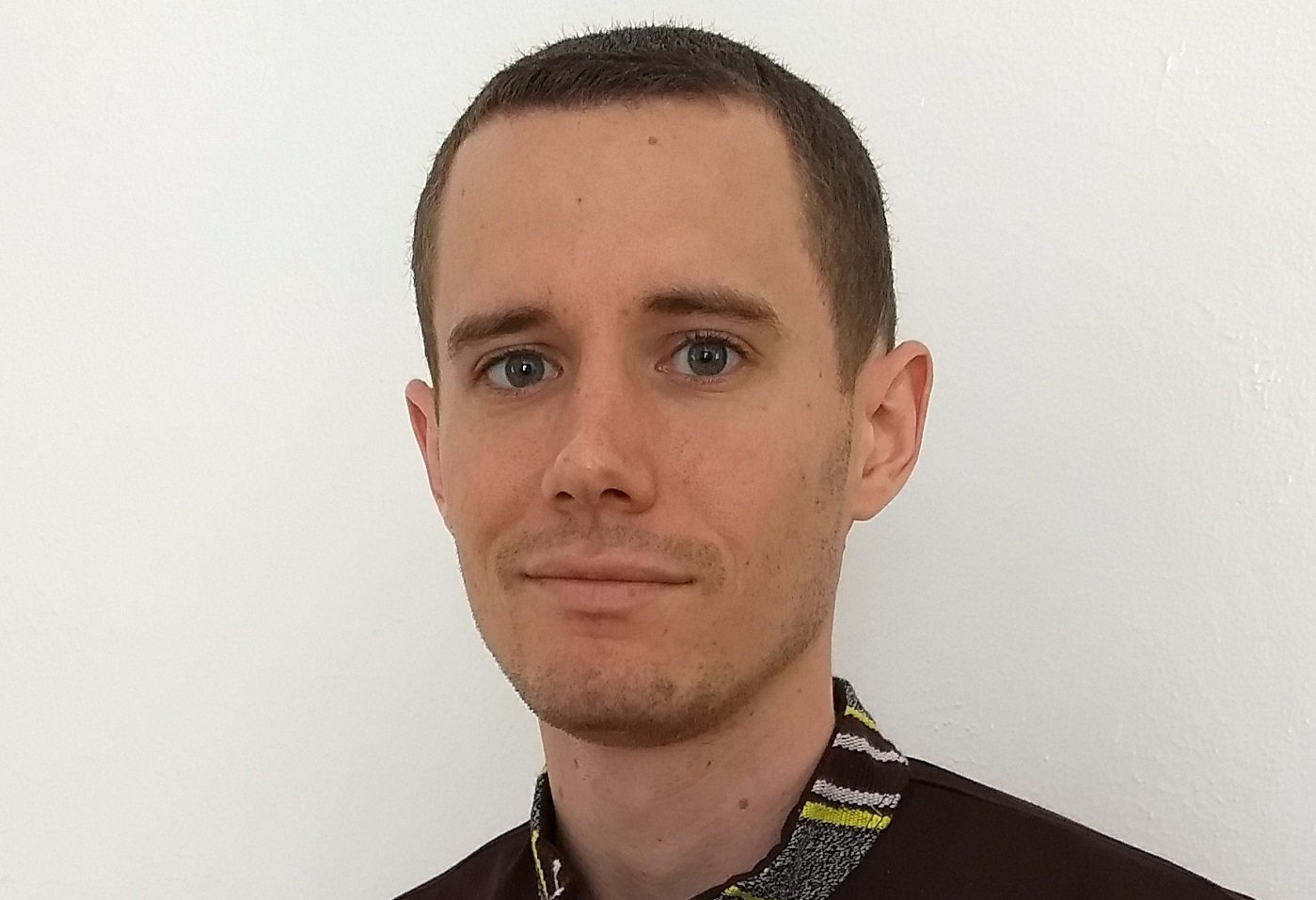Meet our latest Public History PhD graduate, Sarah Soleim
We are proud to announce another graduate of our Public History PhD program, Sarah Soleim! Sarah completed her dissertation under the direction of Dr. Craig Friend.
Sarah’s dissertation—“‘To Make History the Living Force:’ The Professionalization of Public History, 1880-2000”—examines the symbiotic relationships among teaching, scholarship, and service that formed historians’ professional identities throughout the twentieth century and shaped the Public History Movement that emerged in universities in the 1970s. Historians have limited studies of public history’s origins and evolution to specific time periods, rooting the field’s methods and academic programs to specific episodes in American history, including the Progressive era, New Deal, Civil Rights Movement, and the 1970s academic employment crisis. By focusing on the ways in which the methods and goals of public historians are distinct from “traditional” historians, scholars have overlooked the ways in which the Public History Movement is part of an evolution of historical training and practice. Ultimately, she argues that the emergence of the Public History Movement in the late 1970s was the culmination of a persistent debate about the methods and purpose of historical training and practice.
In 2019, Sarah accepted a position at Wake Forest University as the Manager of Community at Academic Learning at the Wake Forest Historical Museum. She works closely with community members in Wake Forest, North Carolina as well as students and faculty on Wake Forest University’s campus in Winston-Salem, North Carolina. Much of her work advances Wake Forest University’s Slavery, Race, and Memory Project, an effort to recover, understand, and reckon with the university’s relationship to slavery and its legacies.
- Categories:


